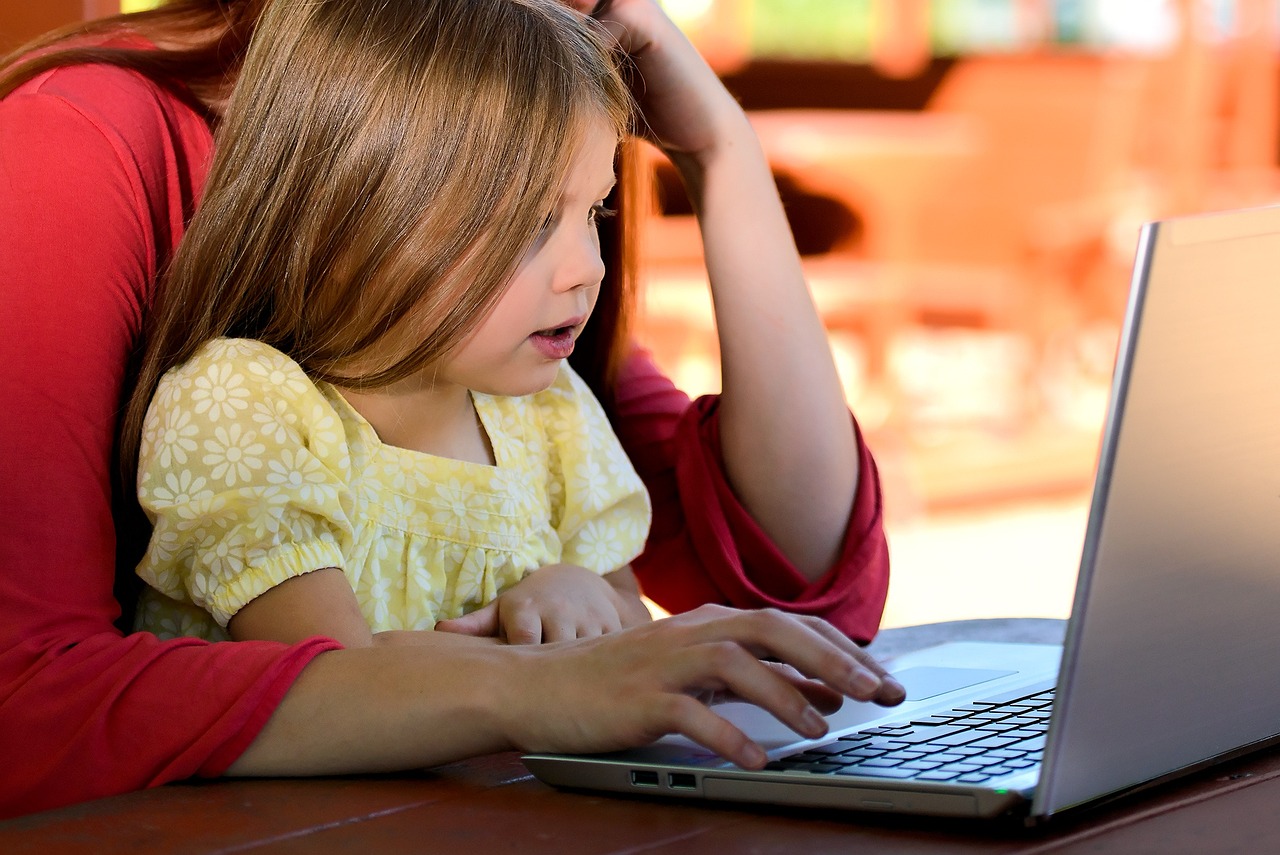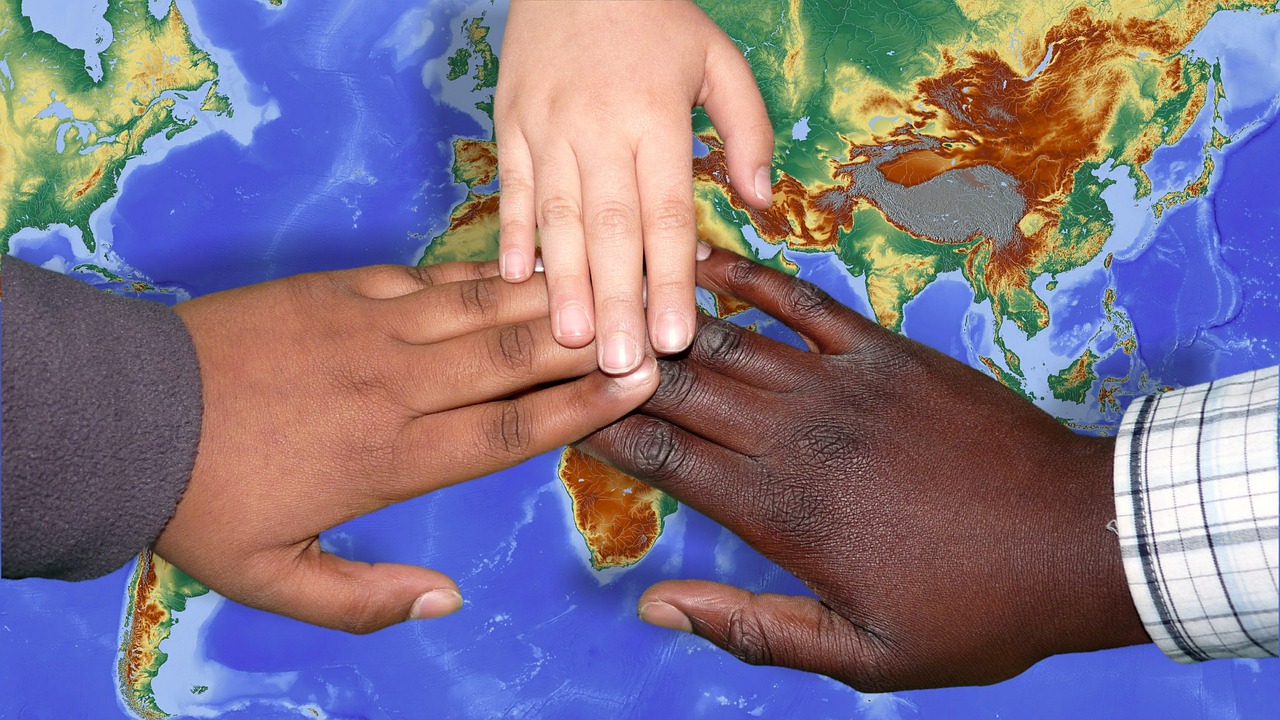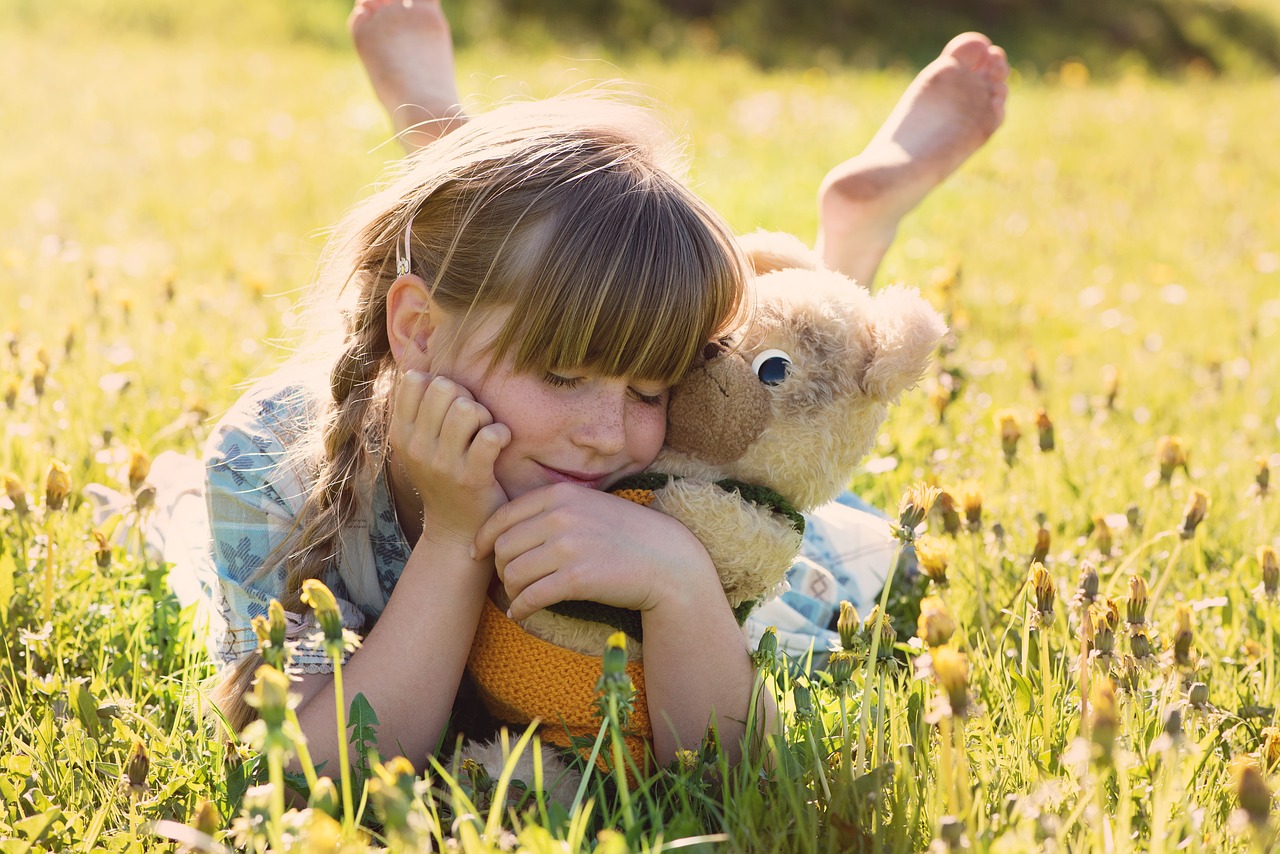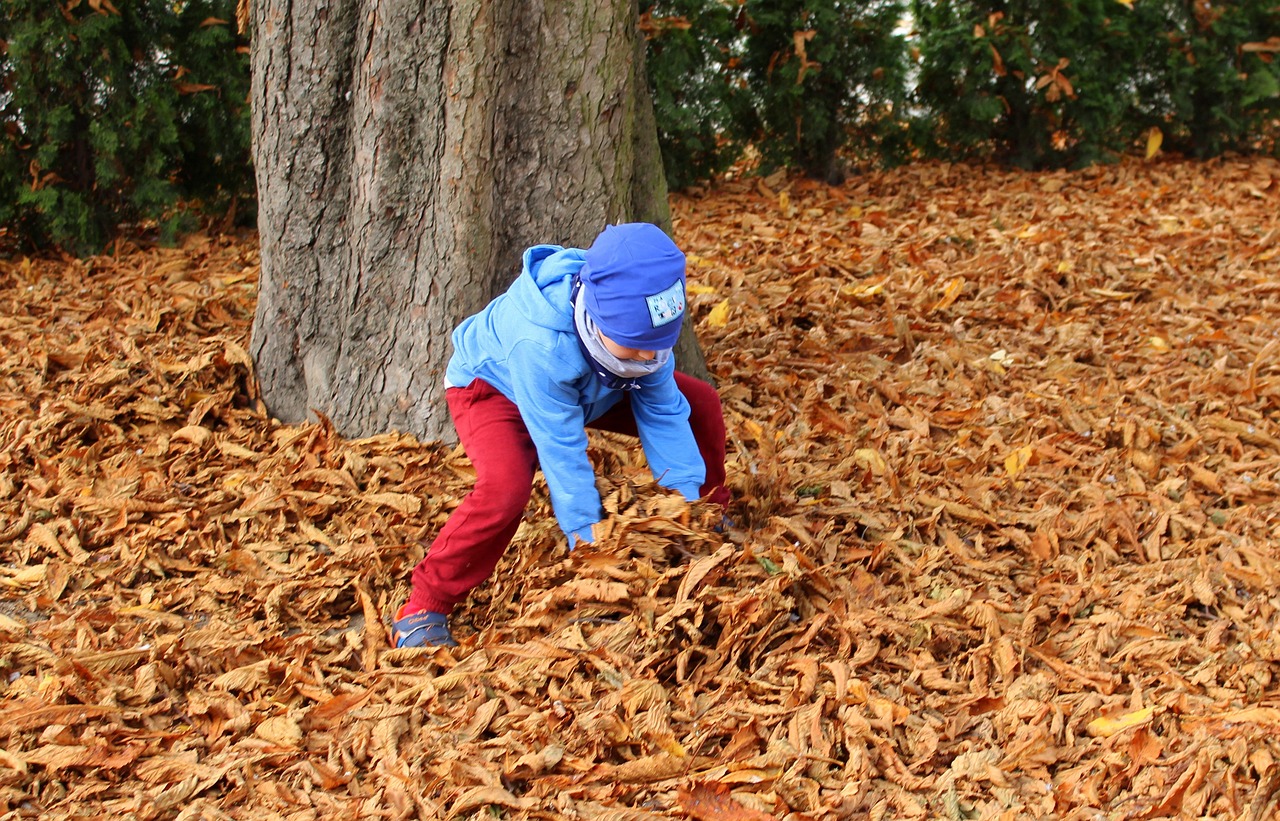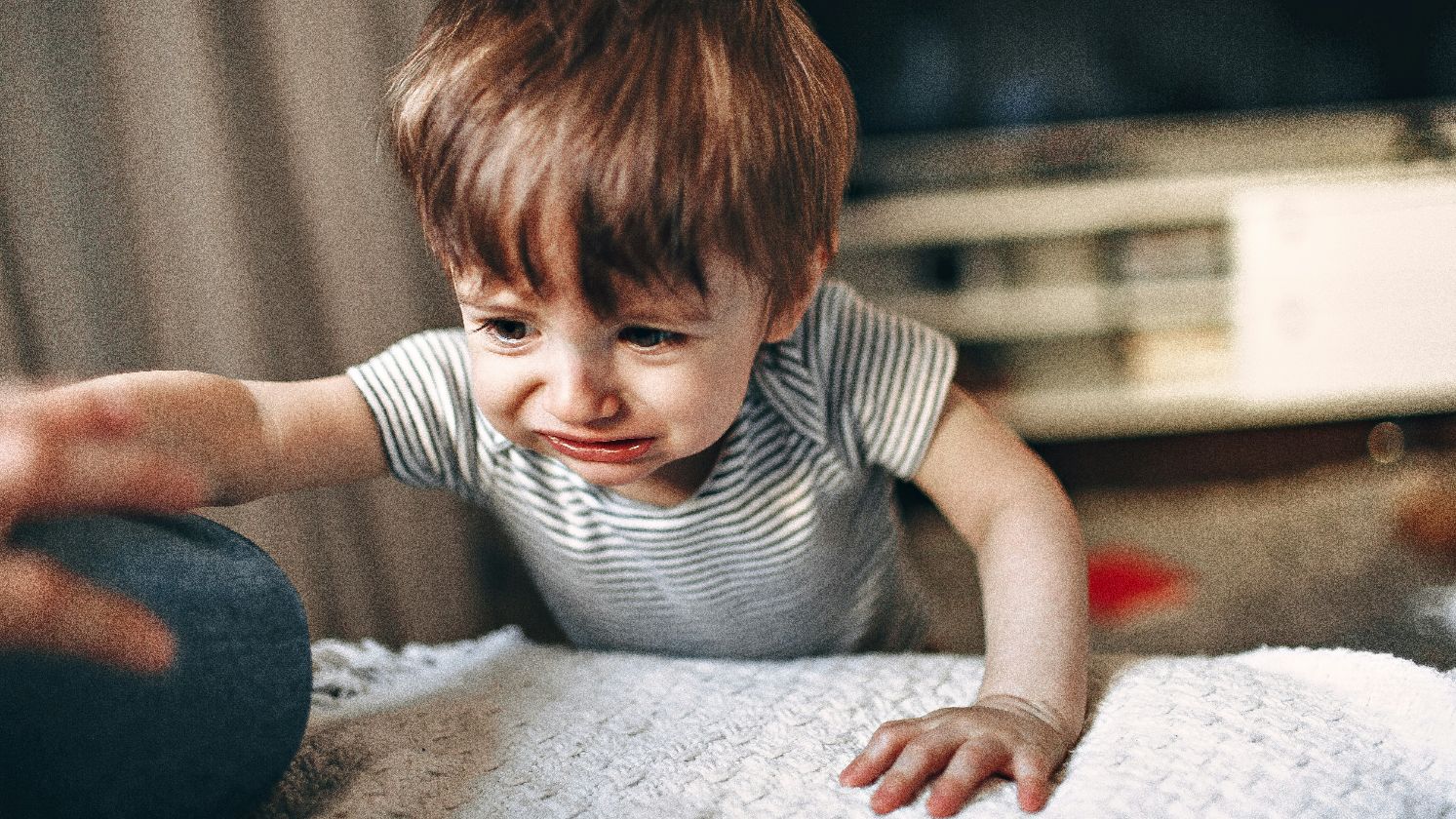Parenting has no real guidebook for how it should be done. You can learn as much as your own parents can teach you, but with societal norms ever-evolving, it's inevitable that your parenting style will differ from the generations that came before you. Today's parents approach child-rearing with strategies and mindsets that their parents might not recognize. We are in the era of technological advancement and shifting societal norms, and these changes reflect a broader transformation in our understanding of what it means to raise a child. This article explores 32 things that modern parents are doing differently than their parents, and their parents.
1. Digital Literacy Education
Today's kids are being taught at a young age the importance of digital literacy by their parents. Parents understand the importance of online safety, a concept that was foreign to previous generations due to the major lack of technology. Social media was not a thing until recently, so older generations didn't know how to teach their kids how to navigate the online world safely and responsibly.
2. Emphasis on Mental Health
Modern parents are more attuned to their children's mental health, which is something that older generations didn't think was important. Mental health was never talked about as much as it is now. To put it plainly, it was a concept that was often swept under the rug and ignored. Parents today are open to discussing emotional well-being, educating themselves about mental health issues, and if necessary, seeking professional help for their kids.
 Image by Jackie Ramirez from Pixabay
Image by Jackie Ramirez from Pixabay
3. Gender-Neutral Parenting
Many parents now encourage gender-neutral parenting, avoiding stereotypes in toys, activities, and expectations. This could show up in ways such as parents allowing their sun to play with dolls, or their daughters to dress up as construction workers for Halloween. This approach aims to allow children to explore themselves outside the confines of traditional gender roles.
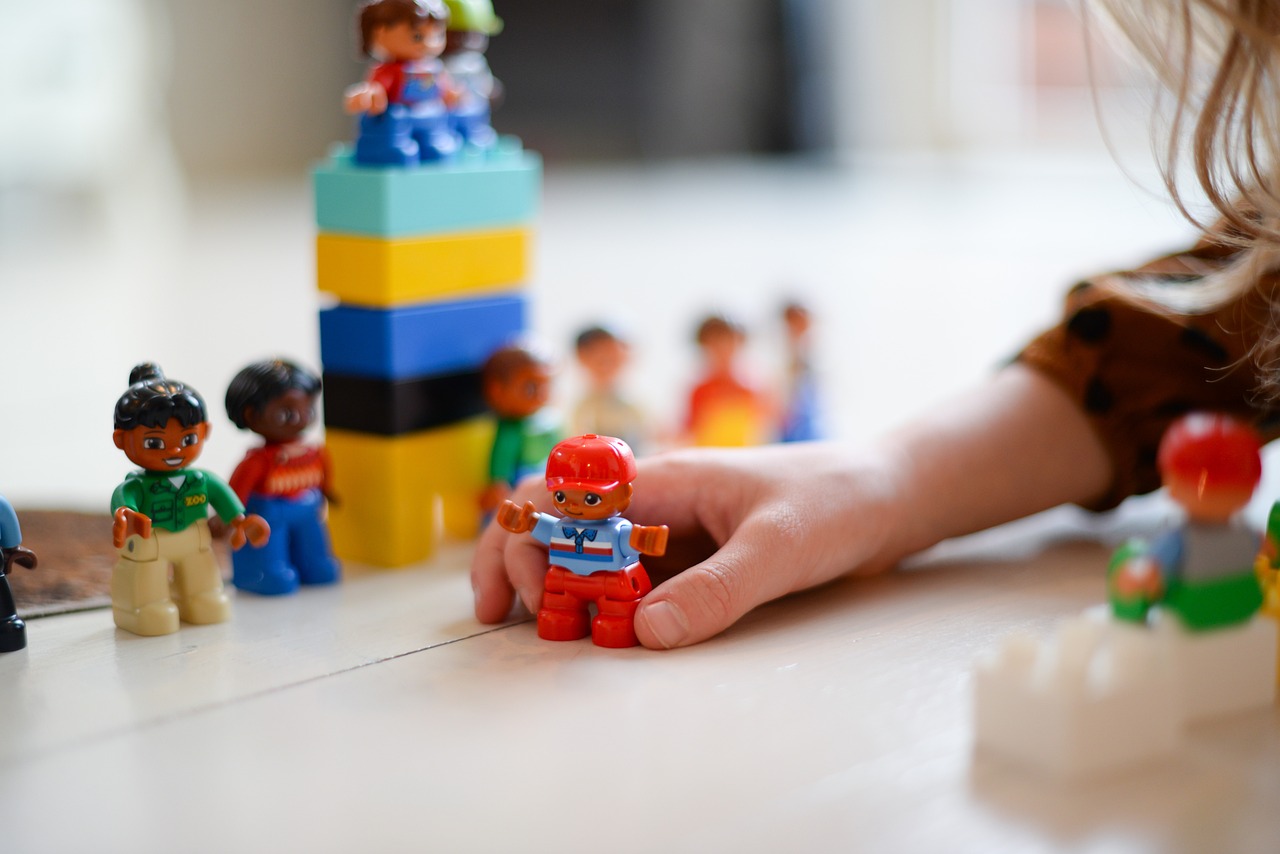 Image by Rudy and Peter Skitterians from Pixabay
Image by Rudy and Peter Skitterians from Pixabay
4. Eco-consciousness
In today's age, eco-consciousness is an important concept that wasn't around 50-or-so years ago. Previous generations didn't care for the environment like today's generations do. Eco-friendly practices are increasingly adopted by new-age parents. They prioritize teaching their children about environmental conservation, often involving them in recycling, composting, and sustainable living practices.
5. Use of Parenting Apps
Modern parents are making use of new apps that have been developed to make parenting easier. These apps offer resources and support that were unavailable to previous generations.
 Image by Pixelkult from Pixabay
Image by Pixelkult from Pixabay
6. Participative Decision Making
Parents have taken a turn in allowing their child a say in family decisions, providing a sense of responsibility and belonging. This participatory approach was less common in older parenting styles, as everything usually went however the parents dictated.
 Image by Anemone123 from Pixabay
Image by Anemone123 from Pixabay
7. Encouraging Entrepreneurship
Parents have started encouraging entrepreneurial skills in their children. They support their kids in starting small projects or businesses, something rarely seen in the past. This approach builds on the child's ability to take initiative and be responsible in the choices they make.
 Image by Niek Verlaan from Pixabay
Image by Niek Verlaan from Pixabay
8. Diverse Family Structures
Diverse family structures, including single-parent families, blended families, and same-sex parent families, are much more common in today's society. This exposes to kids to all kinds of different family dynamics, teaching them that now matter where you come from, home is where the heart is. This diversity in family models was less prevalent in previous generations.
 Image by Gerd Altmann from Pixabay
Image by Gerd Altmann from Pixabay
9. Focus on Physical Fitness
There is a recent increase in parents incorporating physical activity in their child's everyday lives. They encourage their children to engage in sports and physical activities more actively than before. Most parents even put their kids in multiple sports or physical activities, which encourages other skills as well as physical activity.
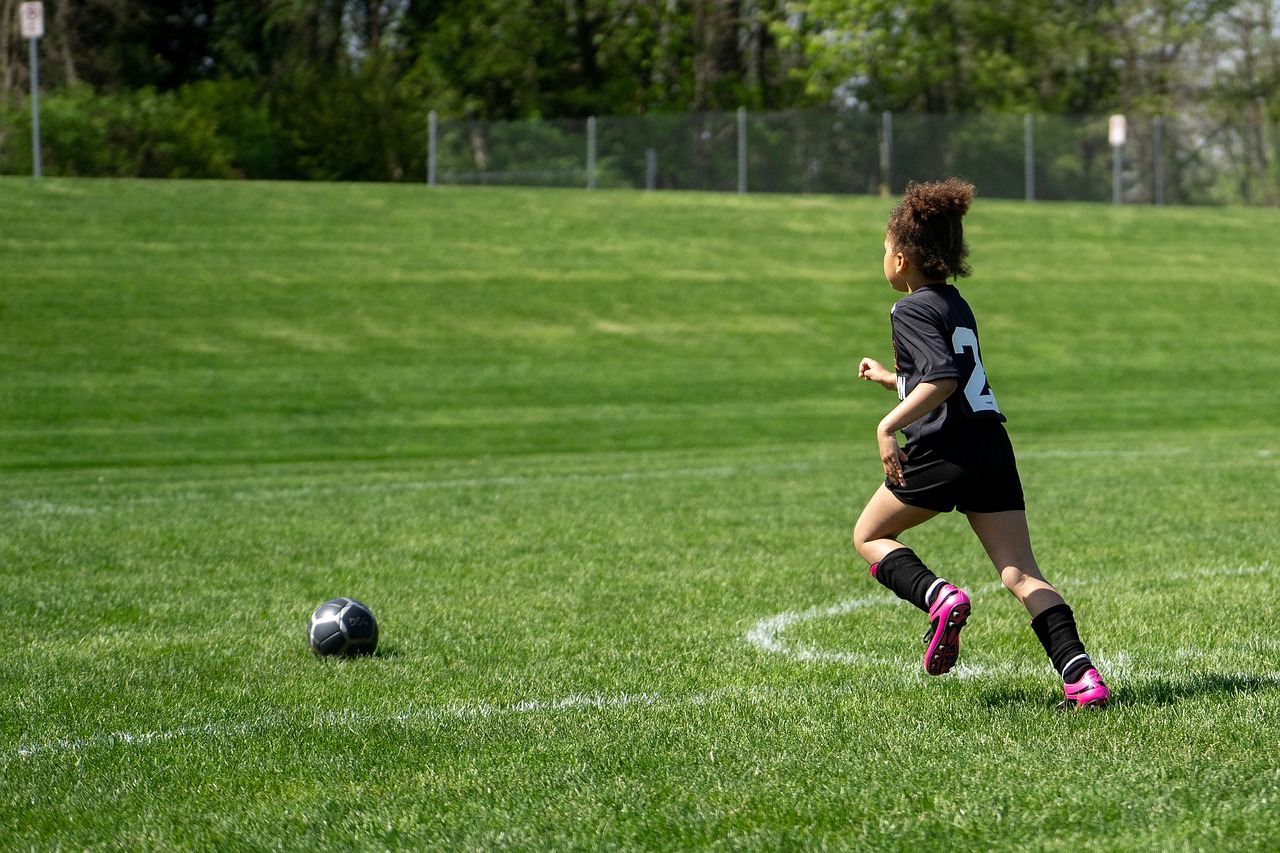 Image by Joshua Choate from Pixabay
Image by Joshua Choate from Pixabay
10. Exposure to Multiculturalism
Parents now expose their children to various cultures and languages. They have access to resources that helps their children learn first-hand the importance of multiculturalism. A lot of parents these days also expose their children to travelling at an early age, which is something most of the older generation didn't have easy access to do.
11. Technological Boundaries
Setting boundaries around technology use is a new challenge. Today’s parents must navigate screen time limits and online safety in ways their parents didn't, because screen time and online safety was never really a concern until recently.
12. Encouraging Artistic Expression
Parents today place a greater focus on nurturing artistic and creative talents. With easy access to resources and opportunities for children to explore their artistic sides, parents are able to encourage creativity in their child where their parents didn't for them.
 Image by Rudy and Peter Skitterians from Pixabay
Image by Rudy and Peter Skitterians from Pixabay
13. Flexible Education Choices
Modern parents are exploring alternative education options like homeschooling, unschooling, and online learning, which were not as prevalent or accepted in the past. A lot of parents choose to either homeschool their kids or put them into private schooling or tutoring. This approach allows for a more controlled educational environment for parents, where older generations weren't as involved in their children's educational lives.
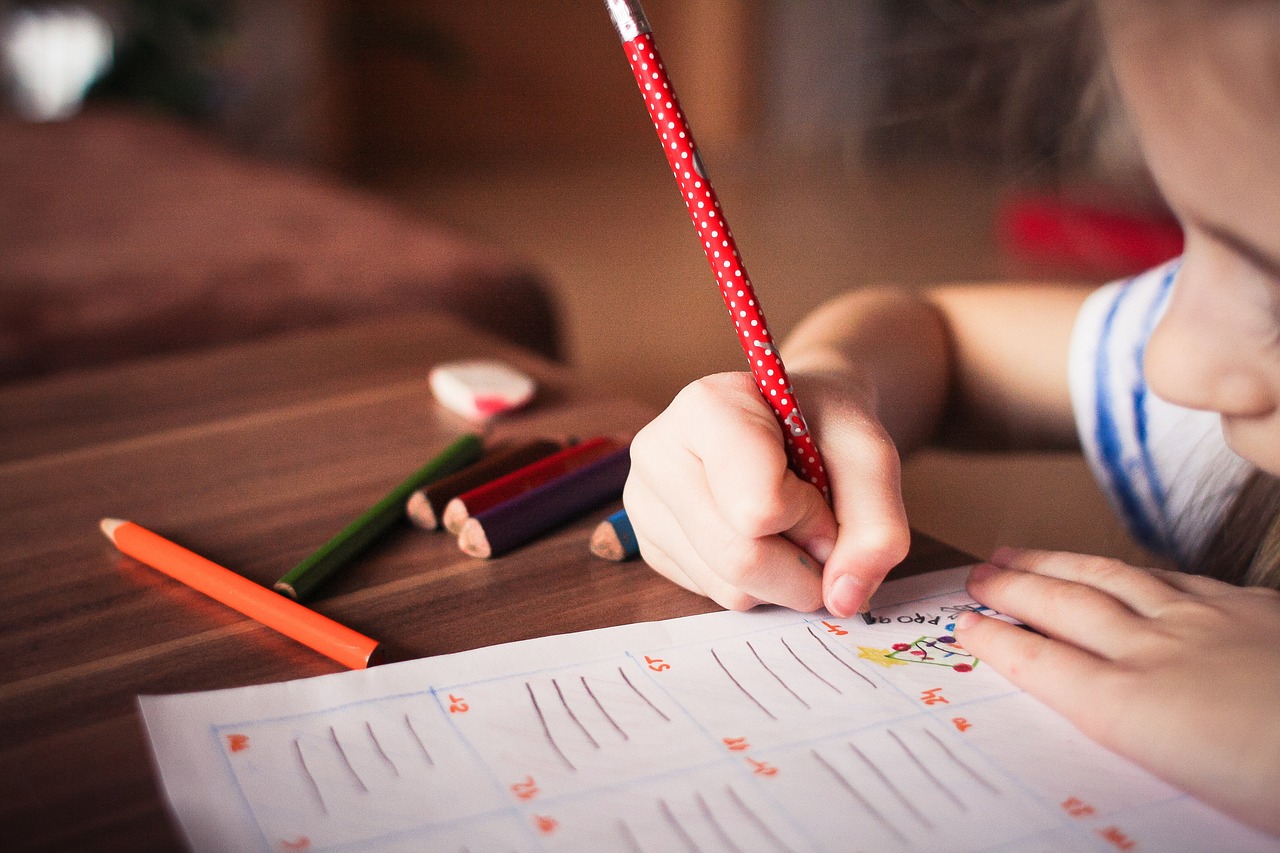 Image by free stock photos from www.picjumbo.com from Pixabay
Image by free stock photos from www.picjumbo.com from Pixabay
14. Emphasis on Soft Skills
Soft skills like emotional intelligence, empathy, and communication are prioritized in child-rearing today, reflecting a shift from traditional academic-focused parenting. Parents teach their kids from a young age how to be more emotionally in-tune with themselves, which is something that older generations didn't understand as well.
15. Open Conversations About Money
With the economy only getting worse withing the last few years, parents these days understand the importance of teaching your kids about financial literacy. Parents are more open in discussing financial matters and teaching their children about money management, savings, and investment from a young age.
 Image by Kevin Schneider from Pixabay
Image by Kevin Schneider from Pixabay
16. Awareness of Online Privacy
There's a heightened awareness about children's online privacy. Parents are more cautious about sharing their children's lives on social media and teaching them about the importance of privacy.
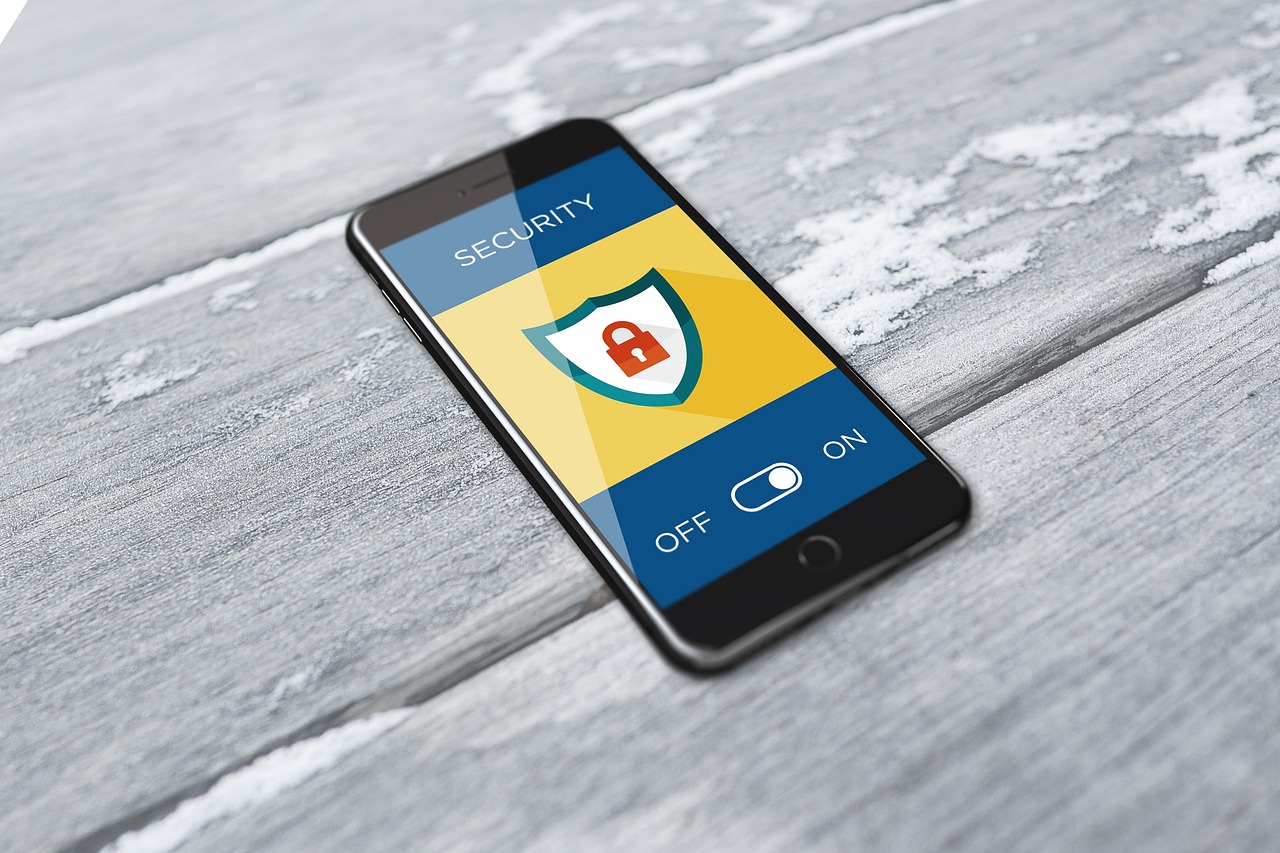 Image by Biljana Jovanovic from Pixabay
Image by Biljana Jovanovic from Pixabay
17. Inclusive Education
There is a strong emphasis on inclusive education and awareness of different abilities, backgrounds, identities, and more. Awareness and acceptance of these things weren't around back when older generations were growing up.
18. Mindfulness and Mental Exercises
Practices like meditation and mindfulness are being introduced to children by their parents, focusing on mental and emotional balance. Parents teach their kids at a young age how to be more mindful and that will only help the as they get older and become more in tune with their own emotions and emotional regulation.
 Image by debowscyfoto from Pixabay
Image by debowscyfoto from Pixabay
19. Holistic Health Approaches
Modern parents often lean towards holistic health approaches, including natural remedies and alternative medicine, alongside conventional healthcare. There is a big emphasis nowadays on vaccinations, medication, and supplements, as most parents are choosing to take an all-natural approach to healthcare.
 Image by debowscyfoto from Pixabay
Image by debowscyfoto from Pixabay
20. Support for Non-Traditional Careers
There's a growing acceptance and encouragement for non-traditional career paths like gaming, content creation, and digital entrepreneurship, which were not considered viable options in the past.
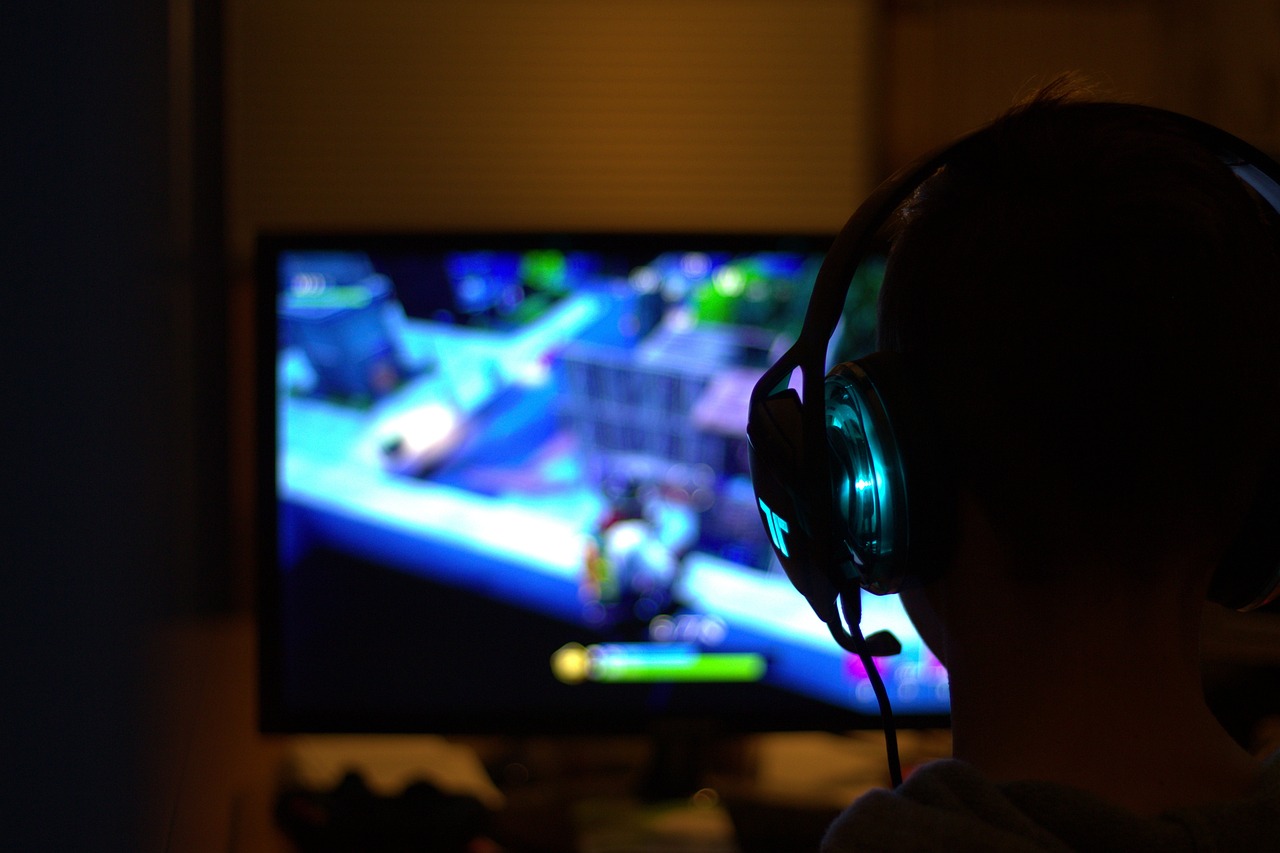 Image by 11333328 from Pixabay
Image by 11333328 from Pixabay
21. Regular Use of Social Media
Modern parents often use social media to connect with other parents, share experiences, and seek advice. This communal digital approach to parenting is a new thing that wasn't available for their parents before them. In some ways, it is good for parents to stay connected with other parents who are navigating the same modern landscape.
 Image by Photo Mix from Pixabay
Image by Photo Mix from Pixabay
22. Prioritizing Work-Life Balance
Today's parents are more focused on achieving a healthy work-life balance. They actively seek careers and opportunities that allow them to spend quality time with their children, like remote work or side businesses.
23. Embracing Non-Traditional Education Resources
With everything being available online, resources like educational YouTube channels, online courses, and learning apps are regularly utilized by parents to supplement traditional education. This can be a positive thing as most things are evolving, and traditional textbooks can tend to be a tad outdated.
24. Engagement in Political and Social Issues
These days, conversations involving social justice, politics, and current events happening around the world are more likely to be had between parents and their children. Today's parental generation grew up in a time where civic-mindedness was very important, so they are teaching their children the same skill from an early age.
25. Encouraging Body Positivity
Body positivity and acceptance are emphasized more by modern parents. They educate their children about self-love and resisting unrealistic beauty standards.
26. Integration of Smart Home Technologies
With the rise of smart home technologies, parents are using these tools for security, education, and even parenting assistance, a luxury not available in the past.
 Image by Gerd Altmann from Pixabay
Image by Gerd Altmann from Pixabay
27. Supporting Mental Health Days for School
Parents today are more likely to understand and support taking mental health days off from school, recognizing the importance of mental well-being and how exhausting school can be for some kids.
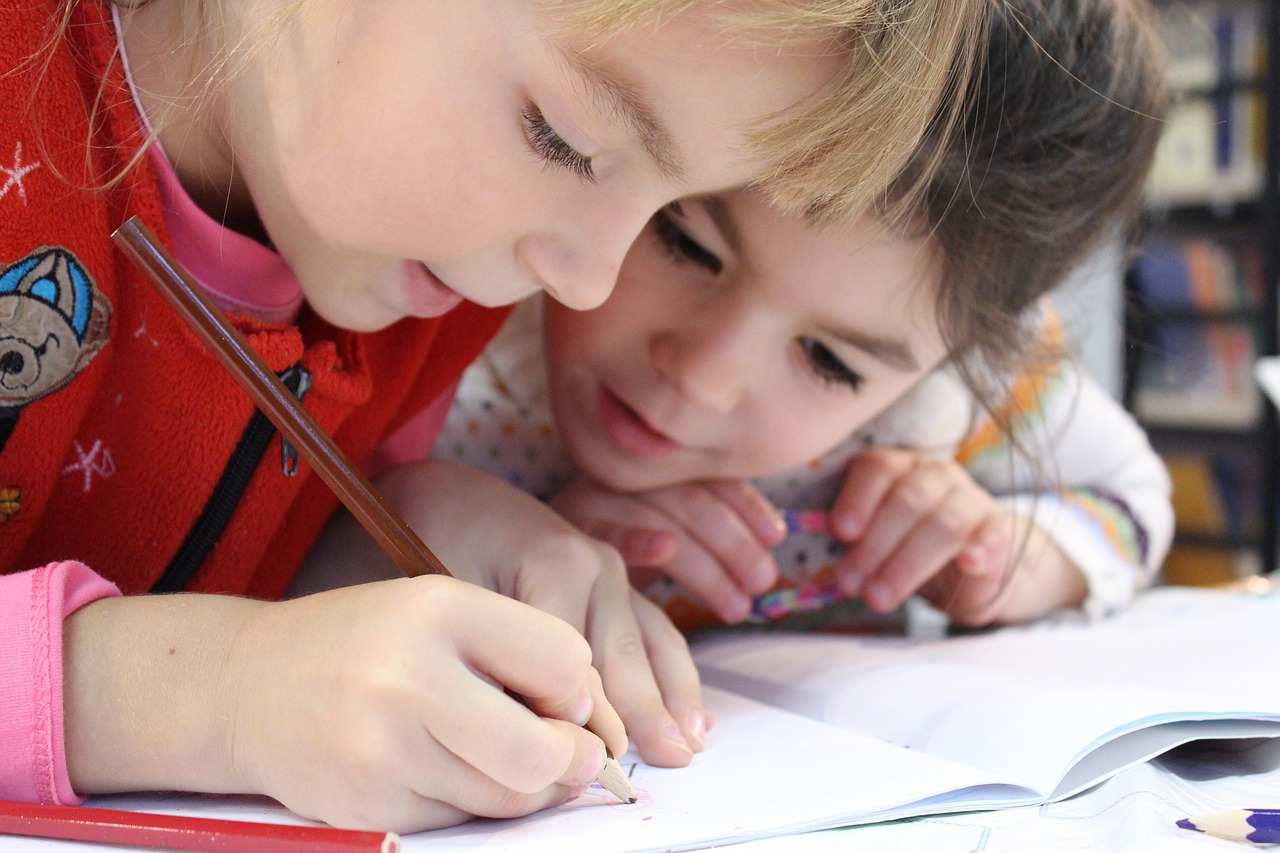 Image by svklimkin from Pixabay
Image by svklimkin from Pixabay
28. Fostering Independence Early
There’s a growing trend among modern parents to encourage independence in their children from a younger age, teaching them life skills like cooking, budgeting, and decision-making. These skills weren't necessarily taught by previous generations; most parents just expected their children to learn these skills on their own.
29. Use of Advanced Safety Gear
From high-tech baby monitors to GPS trackers for older kids, today's parents have access to advanced safety equipment that previous generations did not. This means that they have a stronger hand in how safe their kids are, and they're able to always know where they are and what they're doing.
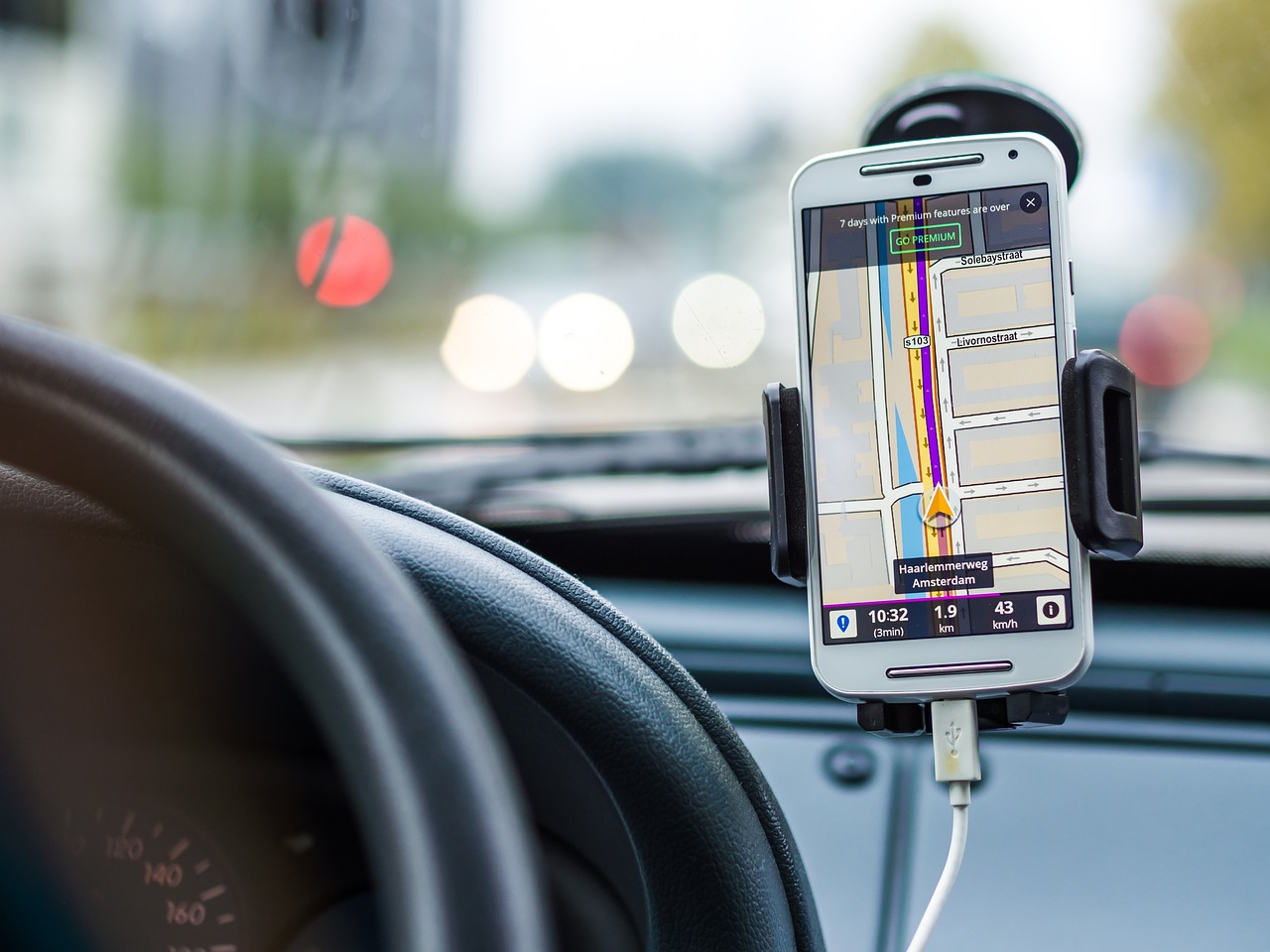 Image by Dariusz Sankowski from Pixabay
Image by Dariusz Sankowski from Pixabay
30. Adoption of Plant-Based Diets
An increasing number of parents are raising their children on vegetarian or vegan diets, influenced by health and environmental concerns of modern day.
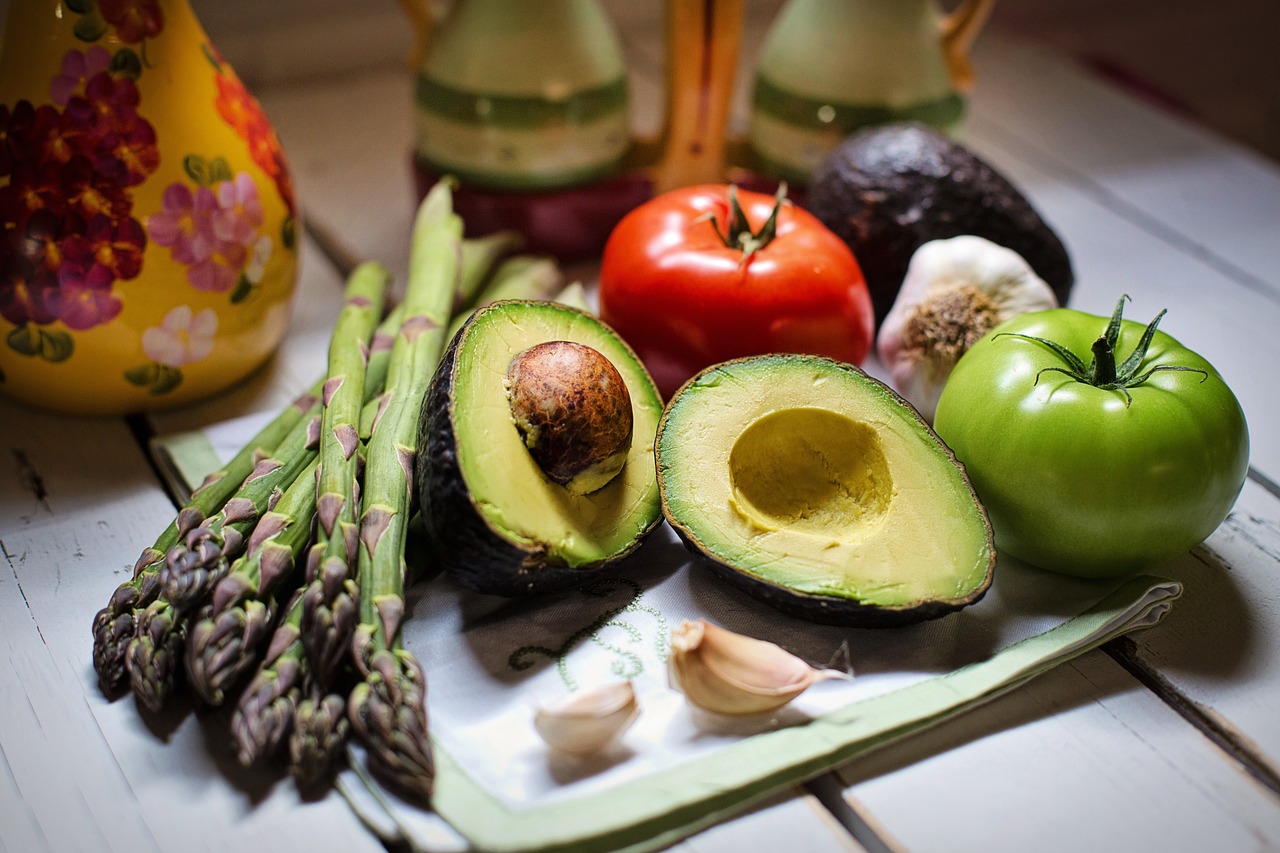 Image by Jill Wellington from Pixabay
Image by Jill Wellington from Pixabay
31. Personalized Learning Plans
Parents are more involved in creating personalized learning plans for their children, tailored to their interests and strengths, diverging from the one-size-fits-all education model.
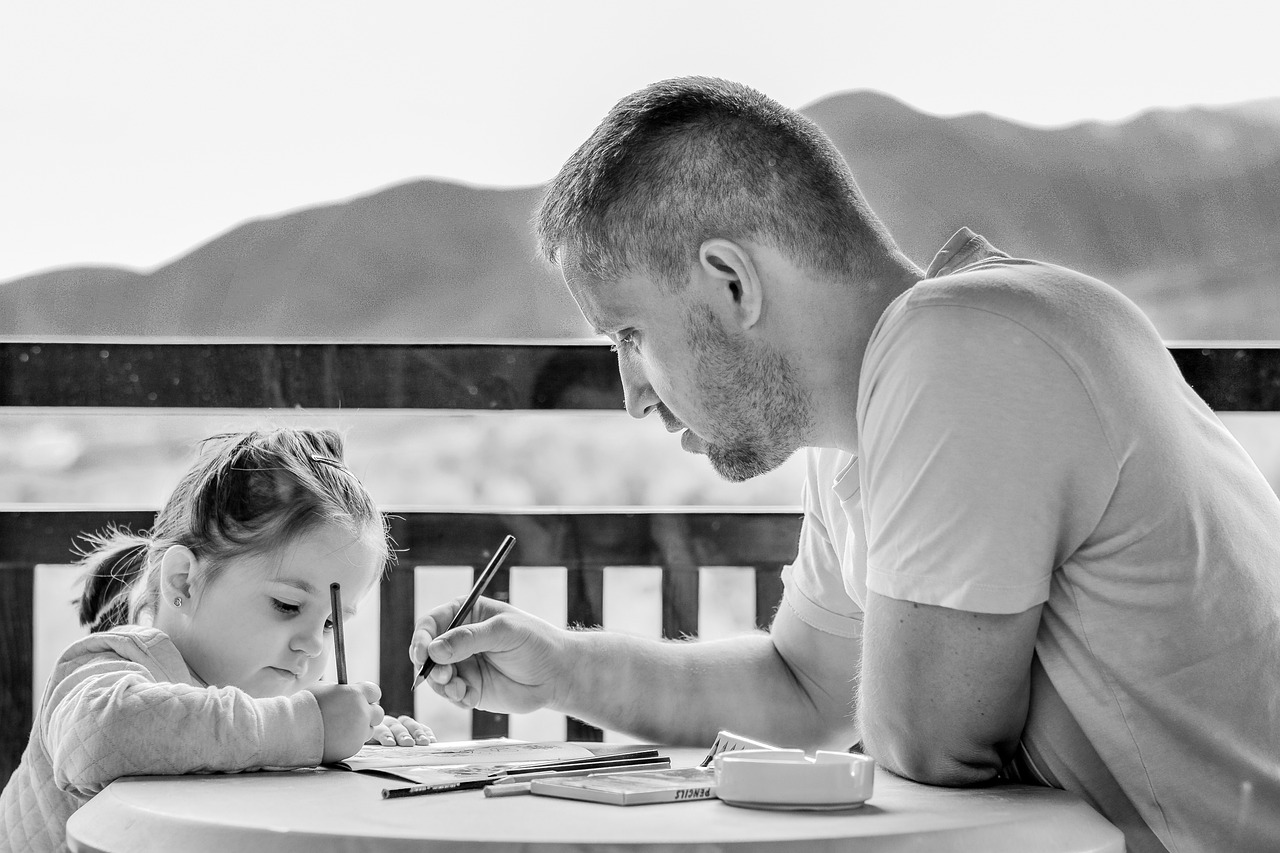 Image by Daniela Dimitrova from Pixabay
Image by Daniela Dimitrova from Pixabay
32. Understanding of Neurodiversity
There is a growing awareness and acceptance of neurodiversity. Parents are more informed about conditions like ADHD and autism and seek to understand and support their neurodiverse children.
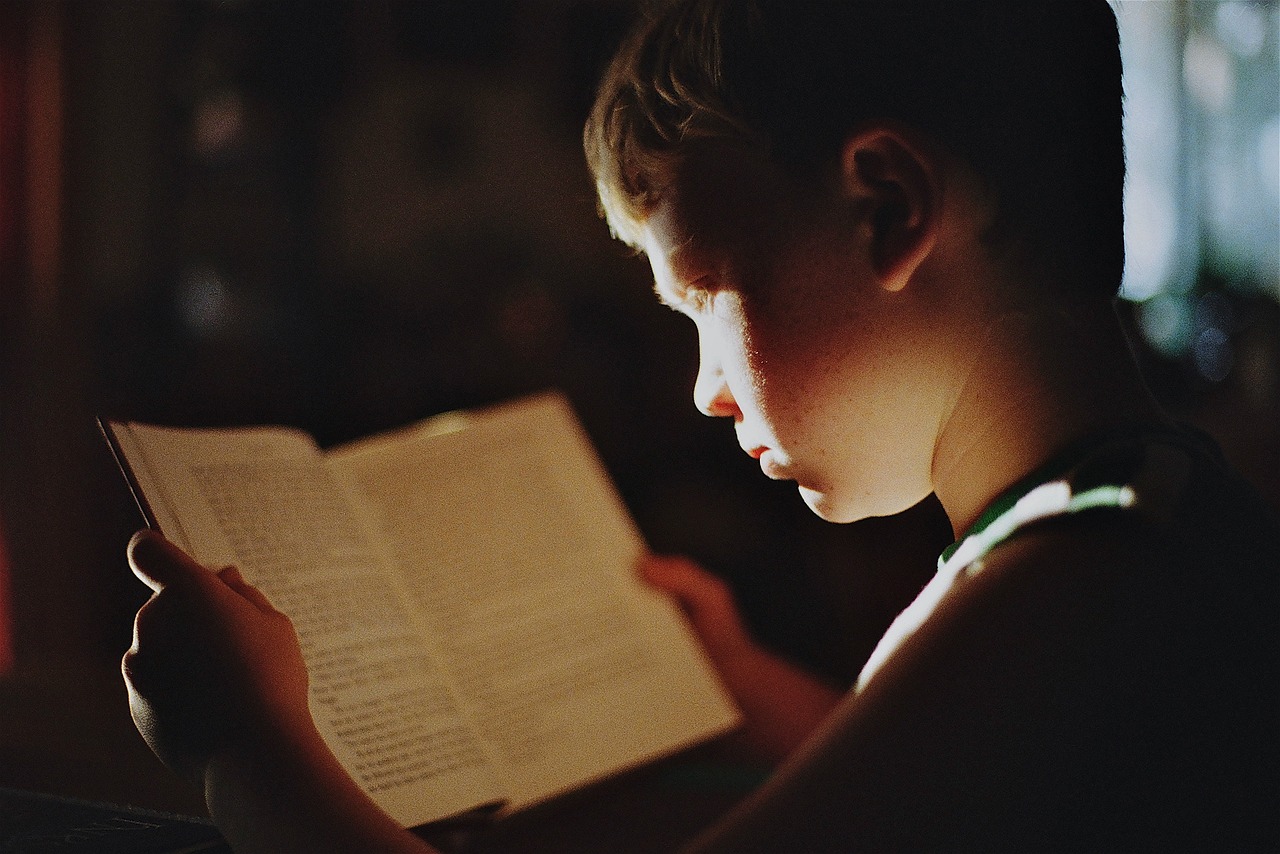 Image by Sabrina Eickhoff from Pixabay
Image by Sabrina Eickhoff from Pixabay
Each of these practices highlights the dynamic and evolving nature of parenting. As society changes, so do the strategies that parents employ to prepare their children for the future. These shifts not only reflect changes in technology and knowledge but also a deeper understanding of what children need to thrive in a complex and fast-paced world.


